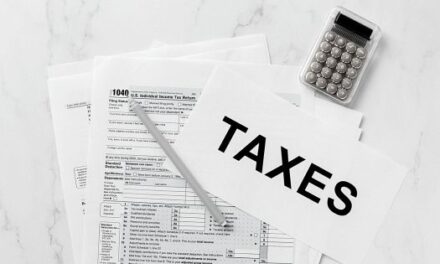Its the count down to FY2017 tax year end. There is still time to reduce the taxes you pay…

Currently, you may still be focused on finalising the numbers for your BAS lodgement before the 25th April deadline. Review your profit & Loss to end March, do a tax estimate. This will benefit in adjusting the PAYG Instalment due, and allow for planning for shortfalls or increased PAYG instalments on profits. Remember also, we have passed the three quarter mark of the financial year, and we are racing down towards the finish line. Now is an opportune time to take this a step further, extrapolate for the year and look at the numbers and consider your profit and tax position for the year. Once you have crossed the finish line (30 June), it’s too late to do tax planning.
Here are some simple tips and tricks to assist to get you ready for tax filing 2017 and hopefully to assist with the tax bill
1) Consider making deductible contributions to your superannuation – As an individual – either additional personal deductible or employee salary sacrificed contributions. A high-income spouse can contribute to a low income spouse’s superannuation and claim up an offset. If you are a sole trader with income from employment less than 10% your personal superannuation deductions are deductible. As a business review Superannuation paid and ensure your superannuation is paid before 30 June to obtain tax deduction in FY2017 (otherwise – MUST be paid by 28 July to get deduction in FY2018)
2) Prepay any expenses that are work related, business related or relate to your investment property (if applicable). Conduct a high level business review;
- Complete any necessary software upgrade, changes or updates necessary to ensure uninterrupted work flow and business continuity as well implementing new software to ensure a streamlined more efficient way to do business.
- Where applicable consider any staff training that needs to be done in terms of continuing professional development or annual accreditation.
- Renew any memberships or subscriptions, and renew those that are still relevant. Cancel the ones you no longer use.
- Review all your Insurances – do they still meet your requirements? If so, prepay this expense if possible to benefit from a tax deduction.
- Consider cyber security and if your business is protected – ensure you cover your business adequately with anti-virus, malware protection and insurance in the event of being hacked.
3) Review your Fixed Asset register. Remove obsolete or defunct items. Review and consider your business’s cashflow for additional tax deductible pre-30 June purchases. Consider any necessary asset acquisitions under $20,000 if you are a small business or sole trader. Only go down this road if the business needs the asset, can afford it and will lead to additional revenue. Make sure the asset acquisition makes business sense as well as tax sense. NO point in having a bright shiny new machine if you can’t pay salaries and wages or your suppliers.
4) Consider the business structure in which you are operating. Sole traders pay tax at the highest marginal tax rates. Review from a tax and an asset protection perspective.
For individuals:
5) Consider taking out private health if you are in excess of the single or family income limits to save the medicare levy surcharge
6) Manage your investments – if you are planning on selling any investments – consider the timing of this. The gain is included in taxable income and could result in a higher marginal tax bracket. You may need to dispose of some before the 30 June and some after the 30 June. Investments should be held by the partner with the lowest taxable income
7) Consider taking out an income protection policy to protect you of you cannot work for a period of time. Tax deductible and CYA (covering your ass!) Win! Win! This is not deductible if paid through your Super fund.
Start getting everything organised and ready for tax time – get all your receipts, certificates and documents in one place and in order – this will save you time and money with your tax accountant, and allow your tax return (and hopefully your refund) to be processed sooner.
The above are thinking points only, should not be taken as advice and your specific facts and circumstances should be discussed in detail with tax accountant.






















